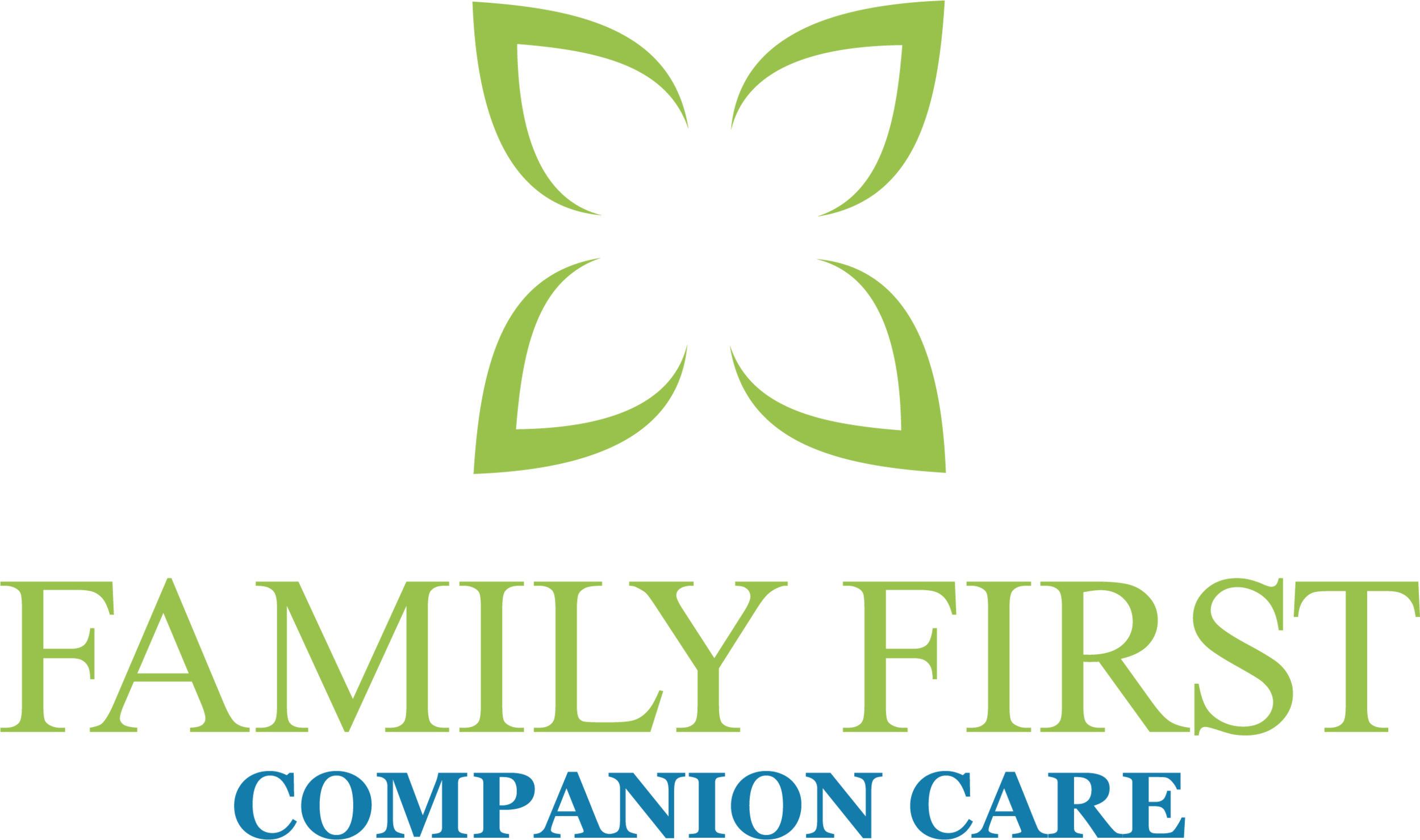Having A Conversation
Once you’ve gained an understanding of the different types of care, it is time to start a conversation. One of the main points we stress is the importance of talking about care before the client reaches a critical state. If you notice that your loved one is struggling with daily tasks, you need to approach them about speaking with a medical professional. Two of the main deficiencies to look out for are dietary issues and difficulty with medications. Keeping a close eye on their personal lives is one of the best ways to spot warning signs.
“Ideally, it would be great if people started looking at care options early on, but unfortunately what happens is that people are going along independently and then something emergent happens. The flu, a hip-break or a fall and they are thrust into the hospital system.” - Rashelle Hammack - Executive Director of Family First
One of the most distressing parts of this conversation between child and parent is the misconception that they will be losing their independence, when Family First is actually there to secure their independent lifestyle. Although they may be resistant, taking preventative measures can save your loved ones from unnecessary pain in the future.

